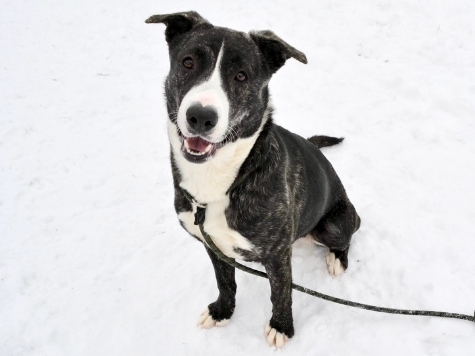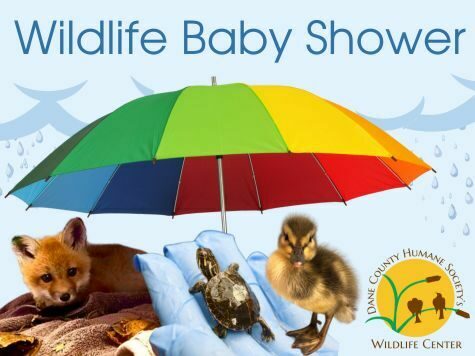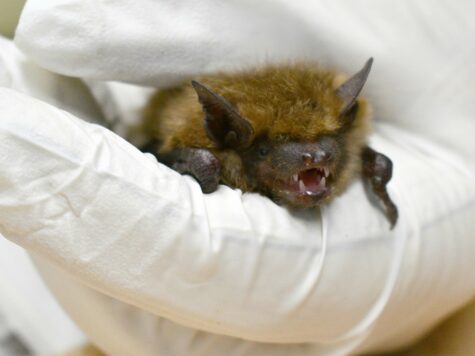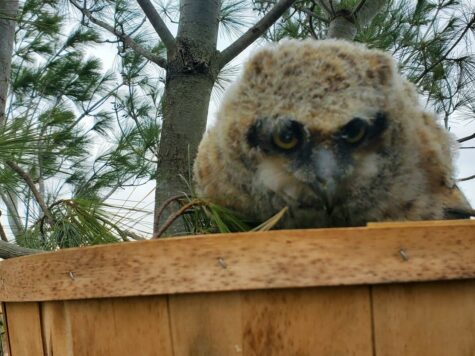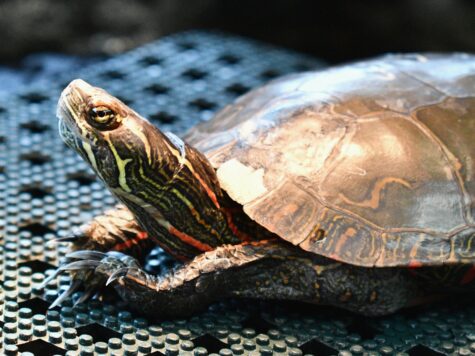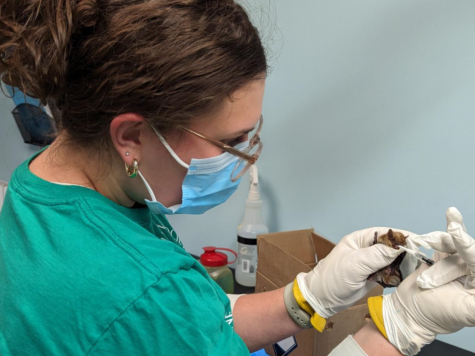The onset of the COVID-19 pandemic was a catalyst for many sudden changes in shelter operations at Dane County Humane Society. Maintaining a safe number of people in the building meant significantly reducing the number of volunteers and staff members working at the shelter. Unfortunately, this also reduced our capacity to care for the number of animals we have in the past. Despite resources being spread thin, we knew our community was in need of support and resources more than ever. Thus, our managed intake process was born.
In short, managed intake is a process that allows us to safely spread out intake appointments, while working with pet owners and finders of lost pets to find the solution that works best for them and the animal in their care. After completing an initial consultation with pet owners regarding their concerns, our reception team helps determine the most appropriate next steps. Here’s a quick look at what those steps might be:
- First priority is keeping pets in their homes: There are a number of surrender prevention services DCHS has been able to provide to make it possible for members of our community to overcome hardships and keep the pet they love dearly. These may come in the form of behavioral consultations and training tips, temporary boarding for people experiencing housing crisis, providing free supplies and resources through our Pets for Life Program, or providing emergency medical pet care. Thanks to these resources, there are many pets at home with their families right now that might not have had that chance before.
- Reuniting lost pets with their owners: Our knowledgeable reception staff and Lost and Found volunteers diligently file and cross-check lost reports for missing pets, and talk owners through the steps to take if a pet has gone missing. Likewise, they provide assistance to good Samaritans who have found pets running at large in the community. Because the shelter can be a stressful environment for a lost and confused pet, we encourage finders to hold onto animals as long as they can and we are often able to help them reunite the animal with its family before it ever needs to come to the shelter.
- Rehoming services: Being rehomed directly from one family to another can often be a very positive solution for pets.. The DCHS website hosts a rehoming page which allows members of the community to post their pets for adoption directly from their home. Rehoming allows pet owners to have more control over the future home for their pet, so they can feel comfortable the new family will be a good fit. This rehoming service is suggested to all pet owners before they surrender their pet to the shelter, and the page has been used to successfully find new homes for countless pets of all shapes and sizes.
- Would another rescue be better suited for this animal’s needs? A shelter can be a stressful environment for animals, especially pets who are particularly shy or have behavioral concerns such as separation anxiety or reactivity. If we do not believe the shelter will be a good fit for a particular animal, we can give the owner suggestions for searching for more suitable rescue options. In many cases, DCHS is even able to coordinate with local rescues to arrange placement on behalf of pet owners in the community. One such example is our rescue partner Madison Cat Project, who we work with to create better opportunities for cats that may need time to adjust or require very particular care in a foster home.
- Scheduling a surrender appointment. When pet owners are willing to take time to explore the options above, it makes it possible for us to spread out our intakes to keep fewer animals in the shelter. Spacing out intake appointments also allows us to plan ahead and have a pathway plan already in place before the animal even comes through the front door.
The start of 2021 marked six months since DCHS implemented our managed intake process, and we could not be more pleased with the results. While 2020 introduced hardships unlike anything we had experienced before, it also encouraged us to support the Dane County community in new and creative ways. We are looking forward to continuing that support through the rest of the pandemic and beyond.
